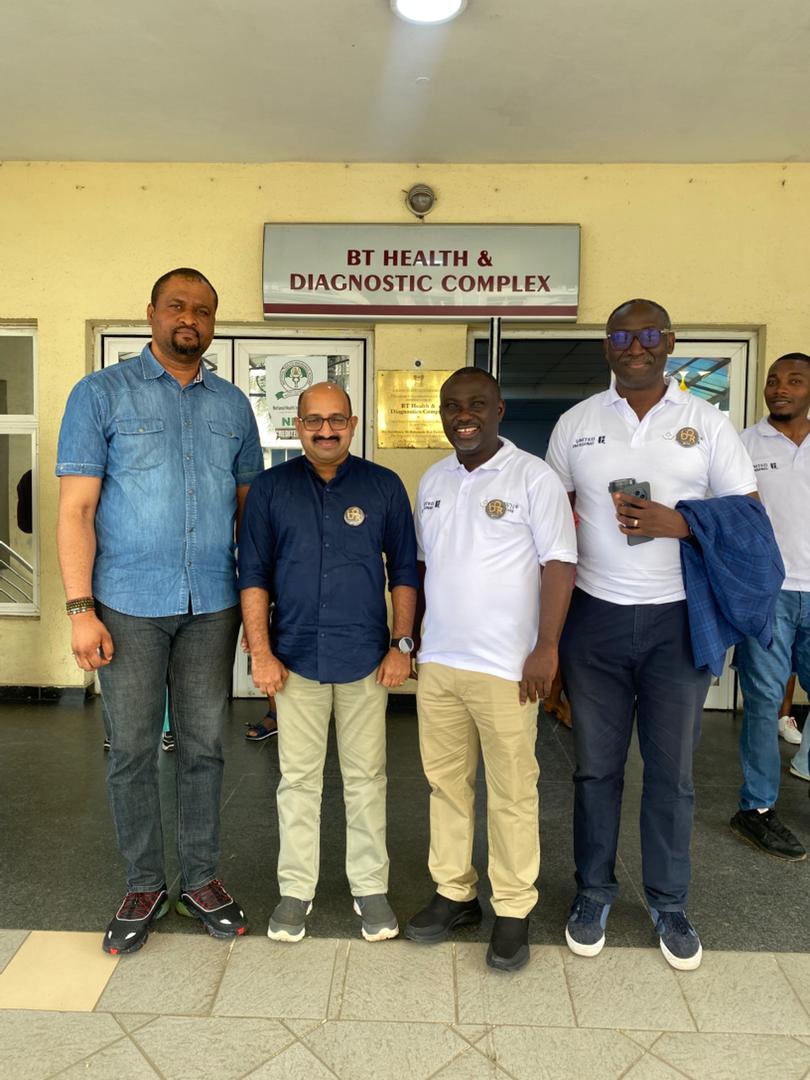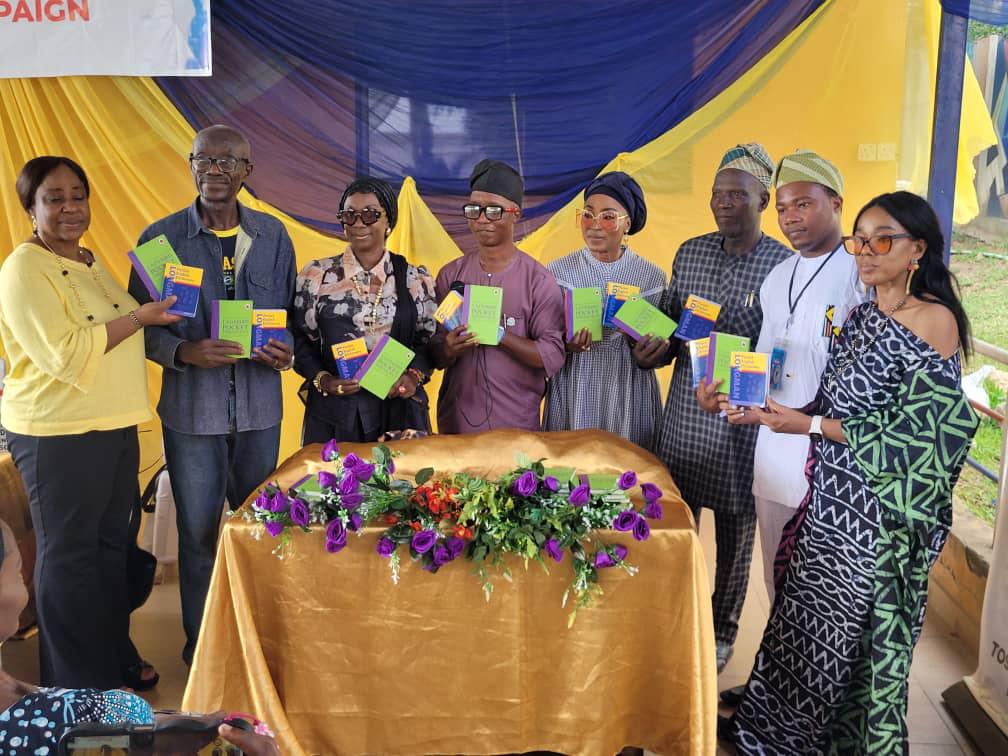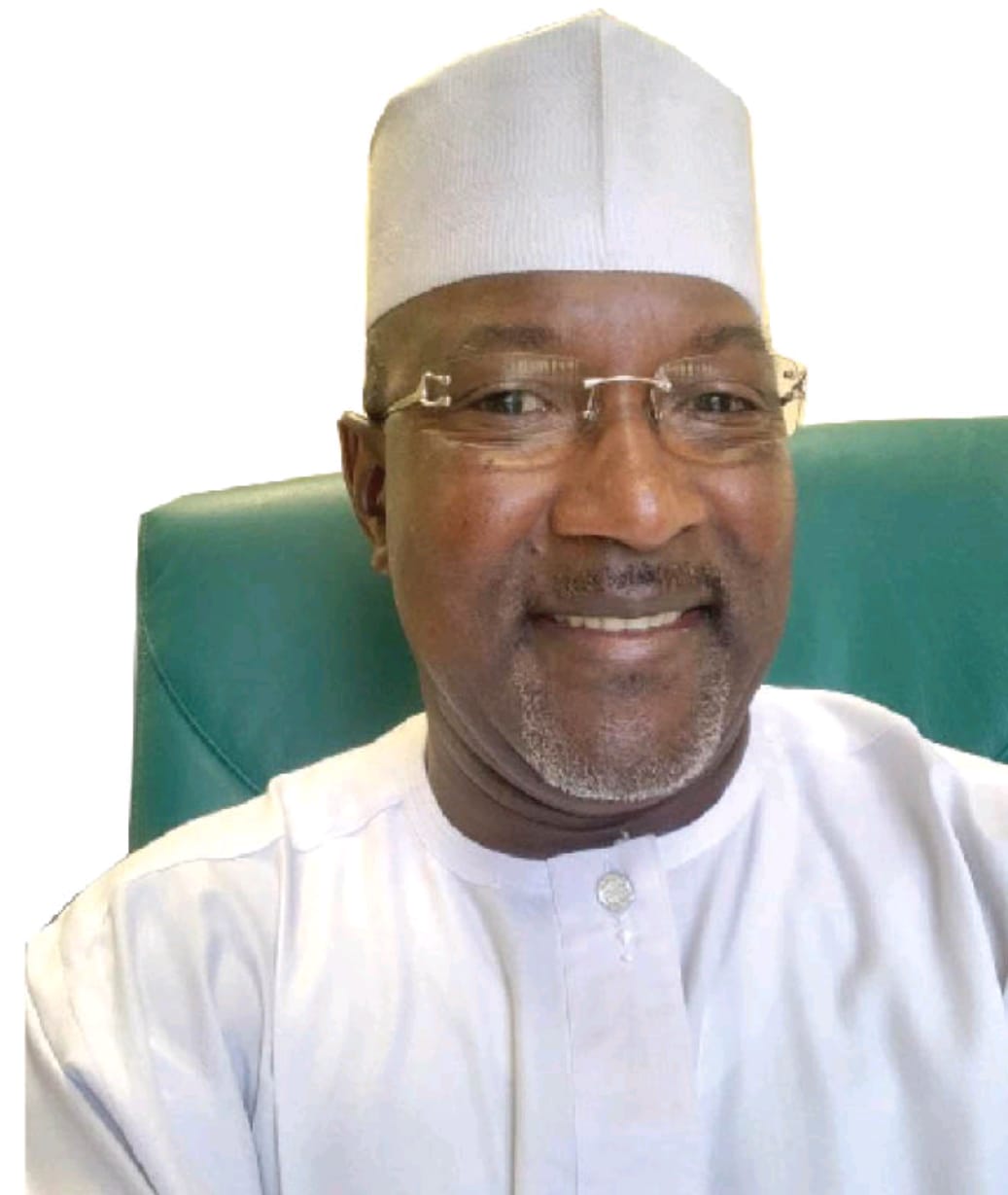WHO Raises Alarm Over Slow In Lassa Fever Containment, Says Disease Spreading Fast

After nearly 400 confirmed infections and 100 deaths, the spread of Lassa fever in Nigeria is beginning to slow but the epidemic is far from contained, the World Health Organization and the Nigeria Centre for Disease Control (NCDC) have warned.
NCDC’s latest data shows that the number of new confirmed and probable cases has been falling for five consecutive weeks, indicating that public health measures are proving effective, but more infections are expected until the end of the dry season, as the viral haemorrhagic fever is endemic to the area.
Between 1 January and 25 March 2018, the NCDC reported 394 laboratory confirmed cases. There were 18 new confirmed cases in the last reporting week (19-25 March 2018), compared to 54 confirmed cases a month earlier (19-25 February 2018).
“We should interpret the recent declining trend in new cases with caution. The Lassa fever season is not yet over. We need to maintain vigilance and response operations, and ensure continued engagement with communities to help curb the further spread of Lassa fever,” said Dr Wondimagegnehu Alemu, WHO Representative to Nigeria.
The current epidemic is Nigeria’s largest on record, with the number of confirmed cases in January and February alone exceeding the total number reported in the whole of 2017.
The case count has not yet fallen to usual endemic levels and the exact cause for the high numbers of infections has not been pinpointed. Research is being conducted in real-time to answer some of these questions.
“We are researching what has led to so many people becoming infected with Lassa fever,” said Dr Chikwe Ihekweazu, Chief Executive Officer of the NCDC. “Even with a downward trend, until we can better understand the causes behind its rapid spread, we must treat the outbreak as a priority.”
Whole genome sequencing can reveal information that contributes to the understanding and the control of infectious disease outbreaks.
Researchers at the Irrua Specialist Teaching Hospital – in collaboration with the Bernhard-Nocht Institute for Tropical Medicine, Germany, WHO, NCDC and others – have conducted genome sequencing of the Lassa virus.
The preliminary results suggest that the circulating virus is consistent with previous outbreaks and not caused by a new more virulent strain.
“By conducting research as the Lassa fever outbreak unfolds, Nigeria is a pioneering a new approach. Until now research in Africa has taken place much later in the response cycle. This is a new approach which opens the way to much more effective control of emerging and dangerous pathogens,” said Dr Alemu.
WHO recognizes Lassa fever as a priority pathogen which has the potential to cause a public health emergency. The ongoing research will provide crucial insights which will help mitigate future Lassa fever outbreaks.
WHO has been working with NCDC and other partners to control Lassa fever by deploying teams to hotspots, identifying and treating patients, strengthening infection, prevention and control measures in health facilities, and engaging with communities.
WHO has released US$900,000 from its Contingency Fund for Emergencies to quickly scale up operations, and is also supporting preparedness and response capacities in neighbouring countries.




















